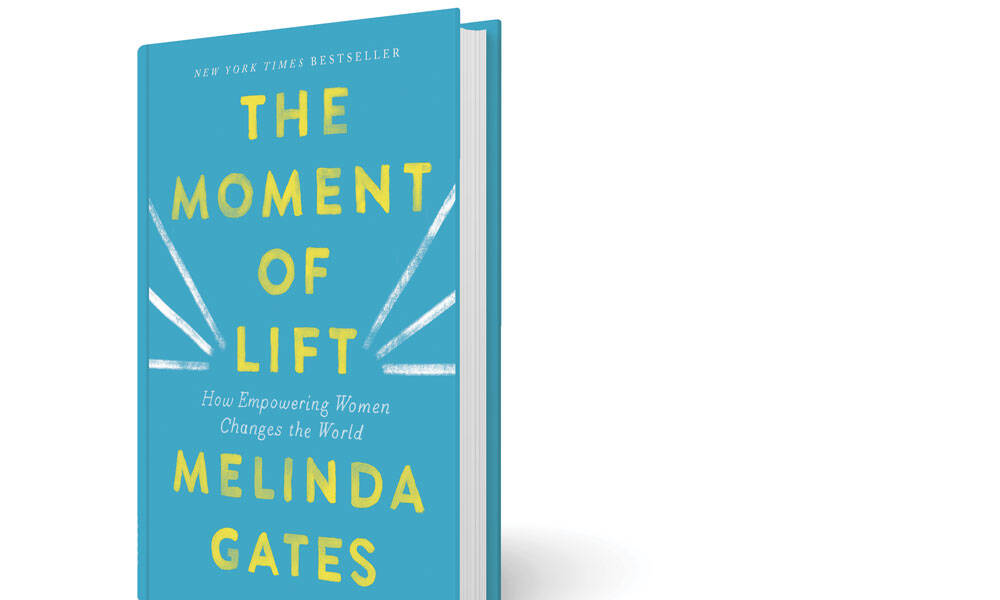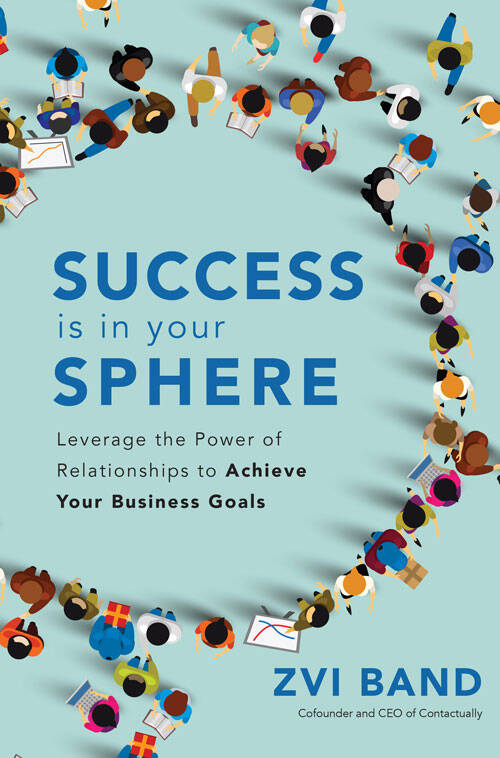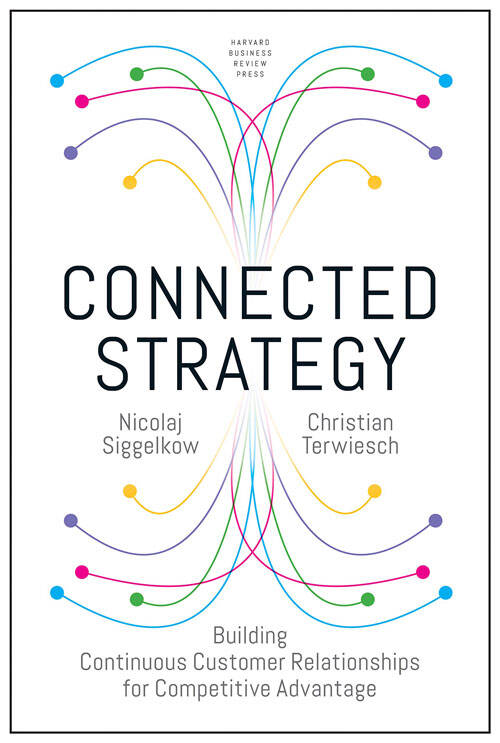
Books: World Changers
An inclusive view of global problem-solving from Melinda Gates.
The Moment of Lift: How Empowering Women Changes the World
By Melinda Gates; Flatiron Books; 288 pages; $26.99
Philanthropist Melinda Gates proves her mastery of balancing the emotion of stories against the persuasive objectivity of data and science in The Moment of Lift: How Empowering Women Changes the World. In this inside look at one of the most prominent but private nonprofit leaders, Gates reveals herself as a humble, introverted, and—like Bill, her Microsoft-founding, humanitarian husband—numbers-driven thought leader.
She’s hard on herself for perceived mistakes made during her evolution from behind-the-scenes operational executive of the Bill and Melinda Gates Foundation to onstage spokesperson for the marginalized people she meets in her travels.
But Gates also shows how nimbly the foundation can pivot when the core “why” of a tough problem is finally revealed, especially when local leaders—whether village elders, children, or niche nonprofits—have devised resourceful, culturally sensitive solutions that need scaling.
“Overcoming the need to create outsiders is our greatest challenge as human beings,” Gates writes, calling on readers to “wake up to the ways we exclude.”
Much of her frustration focuses on the lack of legal and social equality for women, which she argues stifles everything from food production to education. Despite her deep Catholic faith, Gates has concluded that she must flout church rules on contraception to help diminish poverty and disease. Family planning is now at the heart of many of the foundation’s efforts to create healthier, wealthier communities.
A tribute to how transparency, respect, trust-building, shared goals, and active listening can move the needle on even the most challenging world problems.

Success Is in Your Sphere: Leverage the Power of Relationships to Achieve Your Business Goals
By Zvi Band; McGraw-Hill Education; 269 pages; $26
Relationship-building is a fundamental focus of associations, and books abound on the topic. The latest is by Zvi Band, cofounder and CEO of customer relationship management platform Contactually. Band is not a fan of “social media friends” and so-called “connections,” instead urging a proactive approach to categorizing, ranking, and strengthening relationships to people already embedded in our current networks. His CAPITAL strategy uses the acronym to emphasize habitual, regular contact (consistency); creation of a personal contact database beyond LinkedIn (aggregate); and thoughtful ranking of who can help the most (prioritize). It also involves deeper study of top-ranking individuals (investigation), steady outreach (timely engagement), higher-quality communications (adding value), and good execution (leverage).
Plentiful anecdotes make this a rapid read and a good reminder to reconnect with that cool former colleague.

Connected Strategy: Building Continuous Customer Relationships for Competitive Advantage
By Nicolaj Siggelkow and Christian Terwiesch; Harvard Business Review Press; 264 pages; $32
How can interactions between customers and organizations become more meaningful in ways that lead to stronger, longer-term relationships and greater business competitiveness? Through a digital strategy that delivers improved experiences and authentic, personalized connections, according to Wharton School Professors Nicolaj Siggelkow and Christian Terwiesch.
The authors deep-dive into ways “digital connectivity” is changing from “episodic interactions” with buyers into continuous, “low-friction” communications, all while cutting costs and generating new revenue. Four pathways emerge: responding to desire (“Alexa, order a pizza!”), curating offers (“Like this? Try that.”), providing coaching for customers’ bigger goals, and auto-executing when sensing a defined situation (calling police when a house window breaks).
Kudos for the consistent focus not only on people, but also on price, cost, competitiveness, and financial growth.






Comments